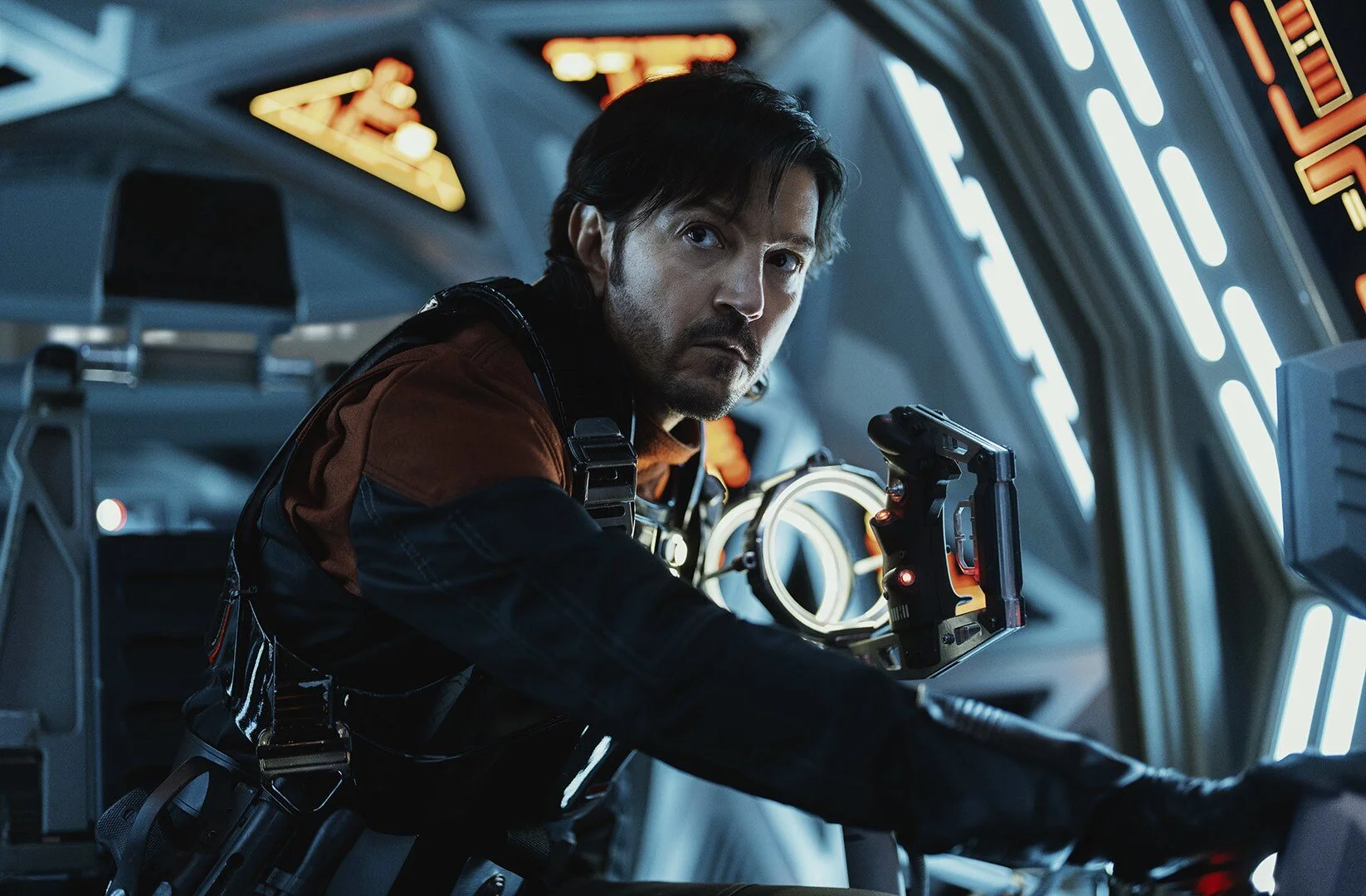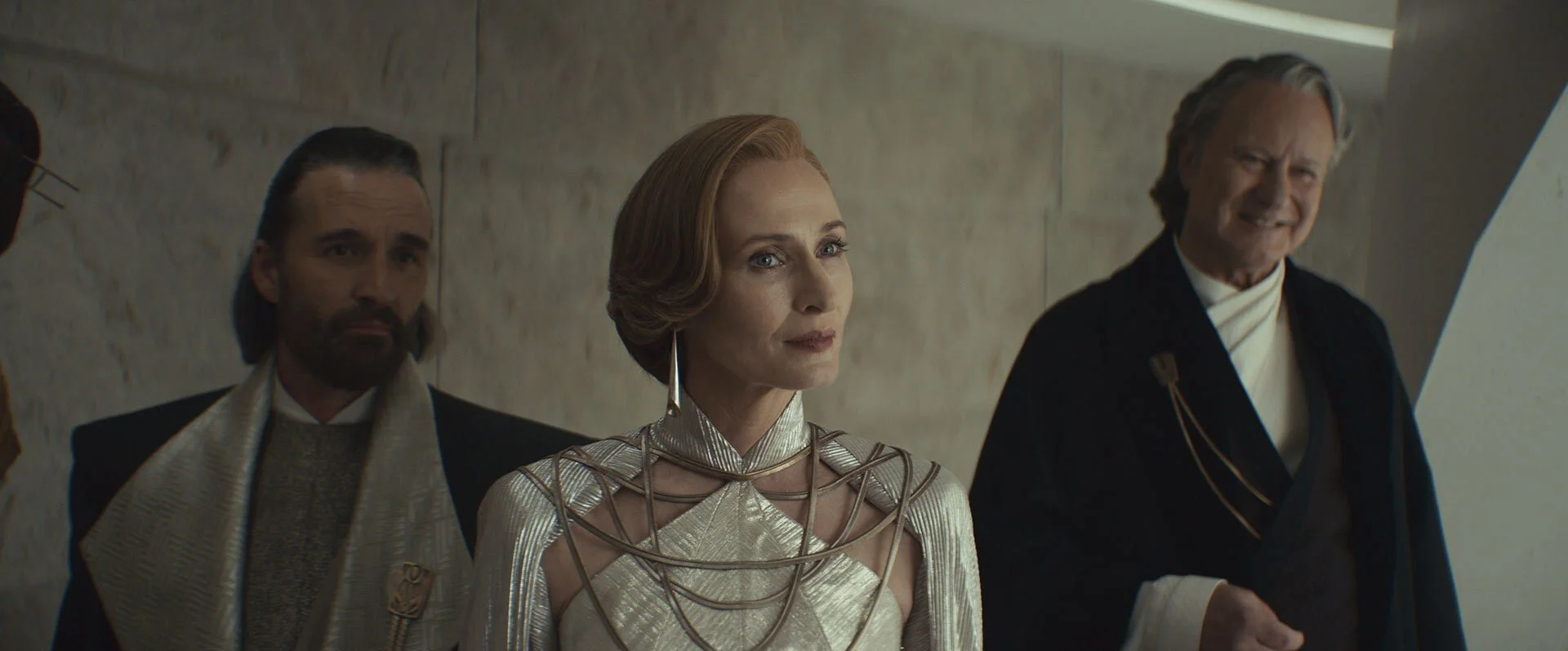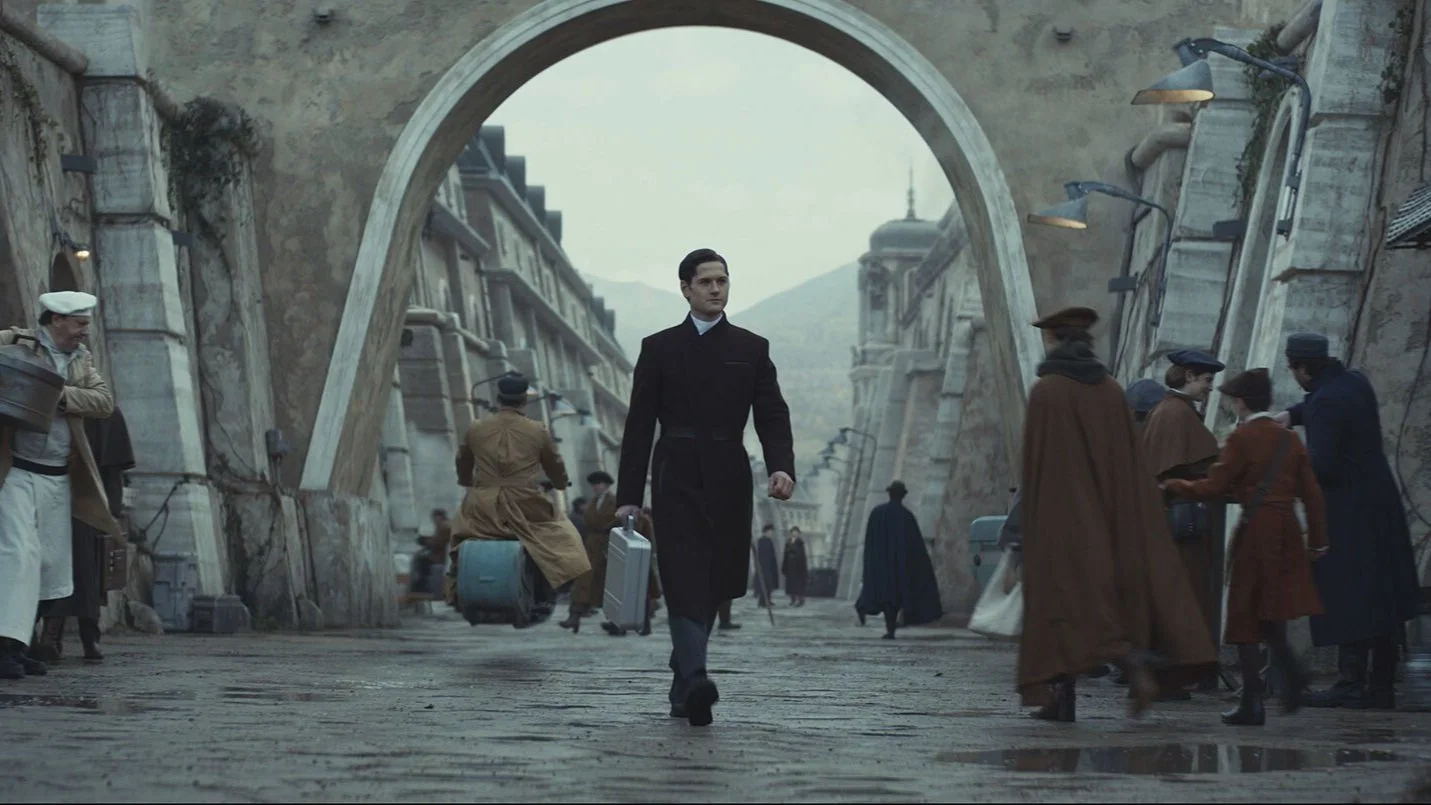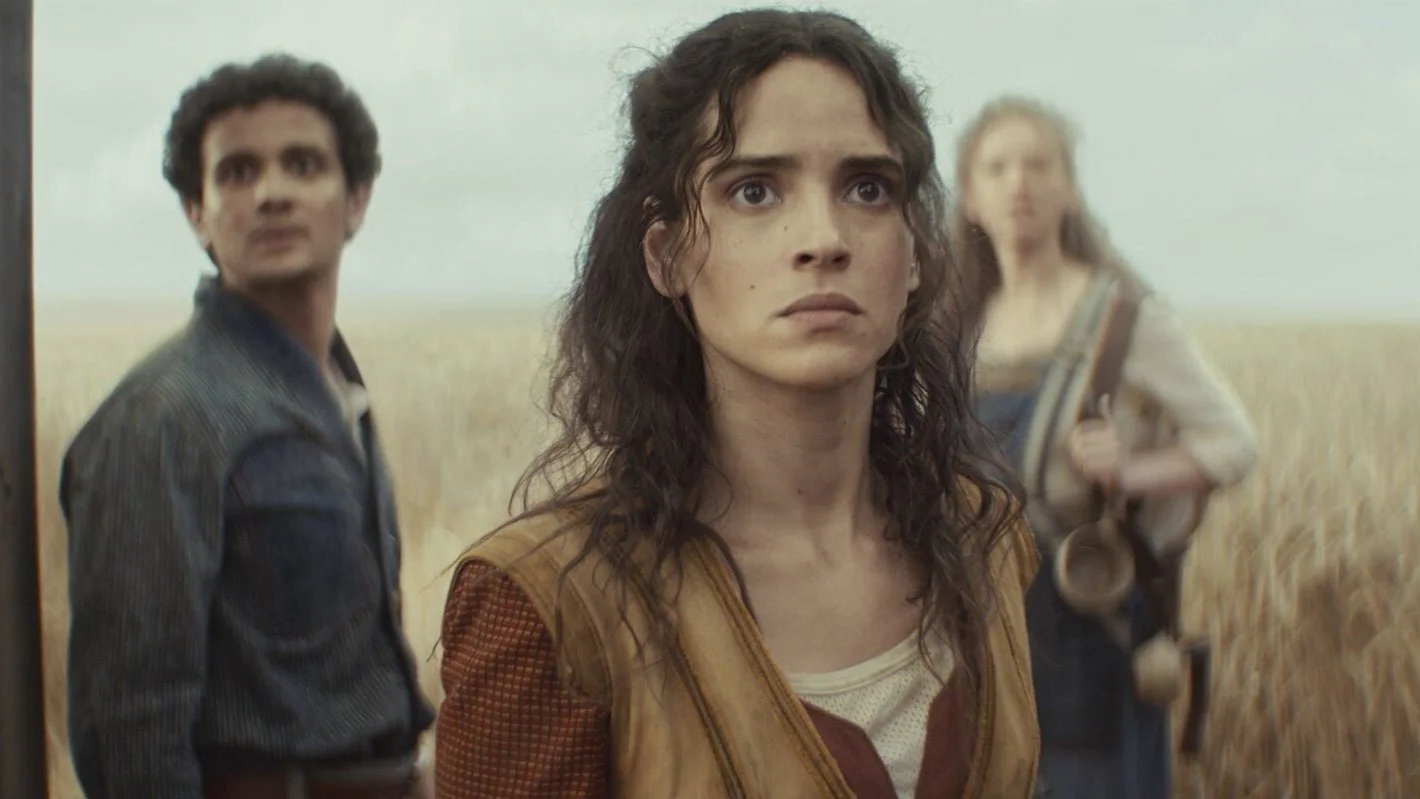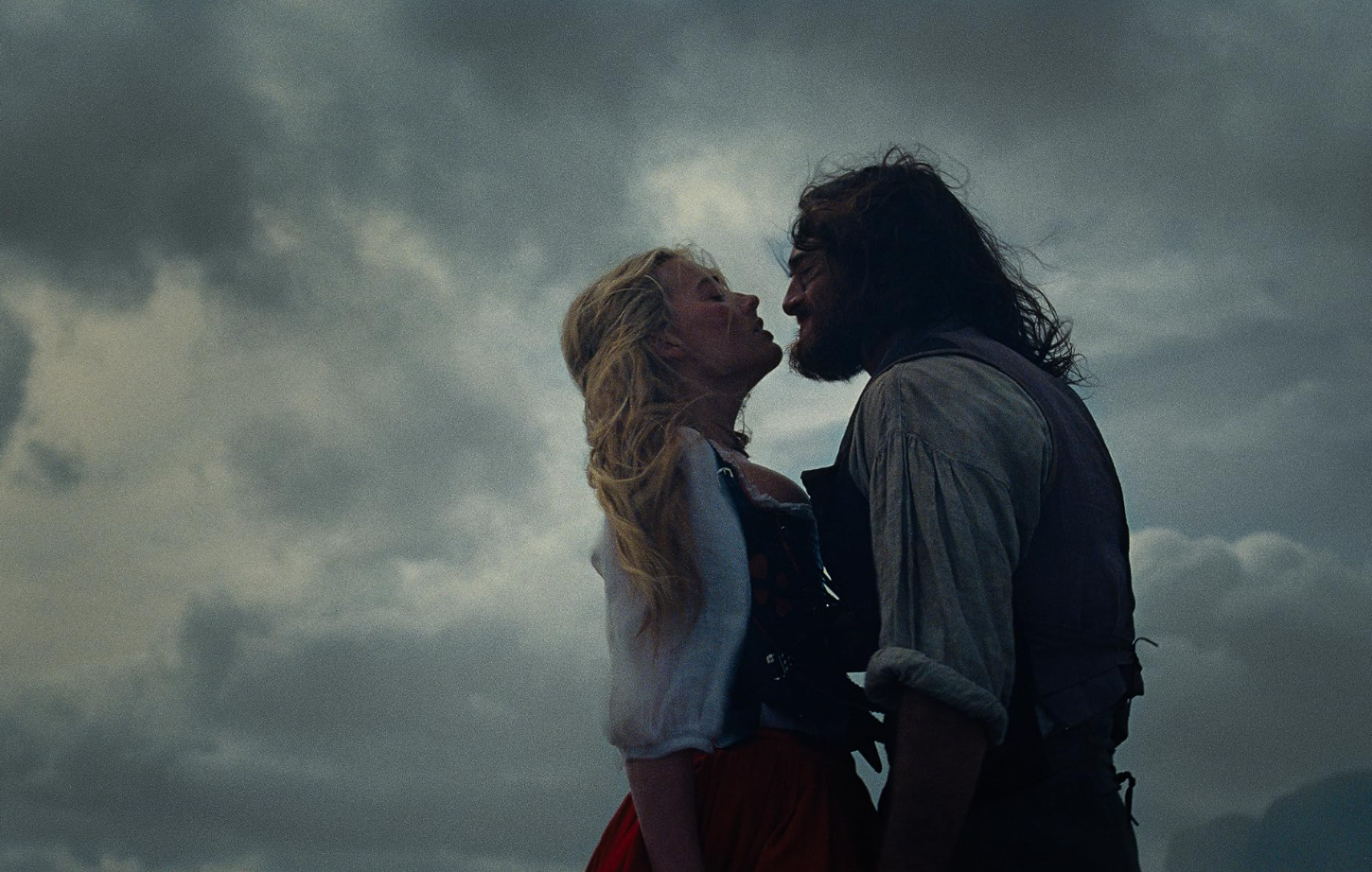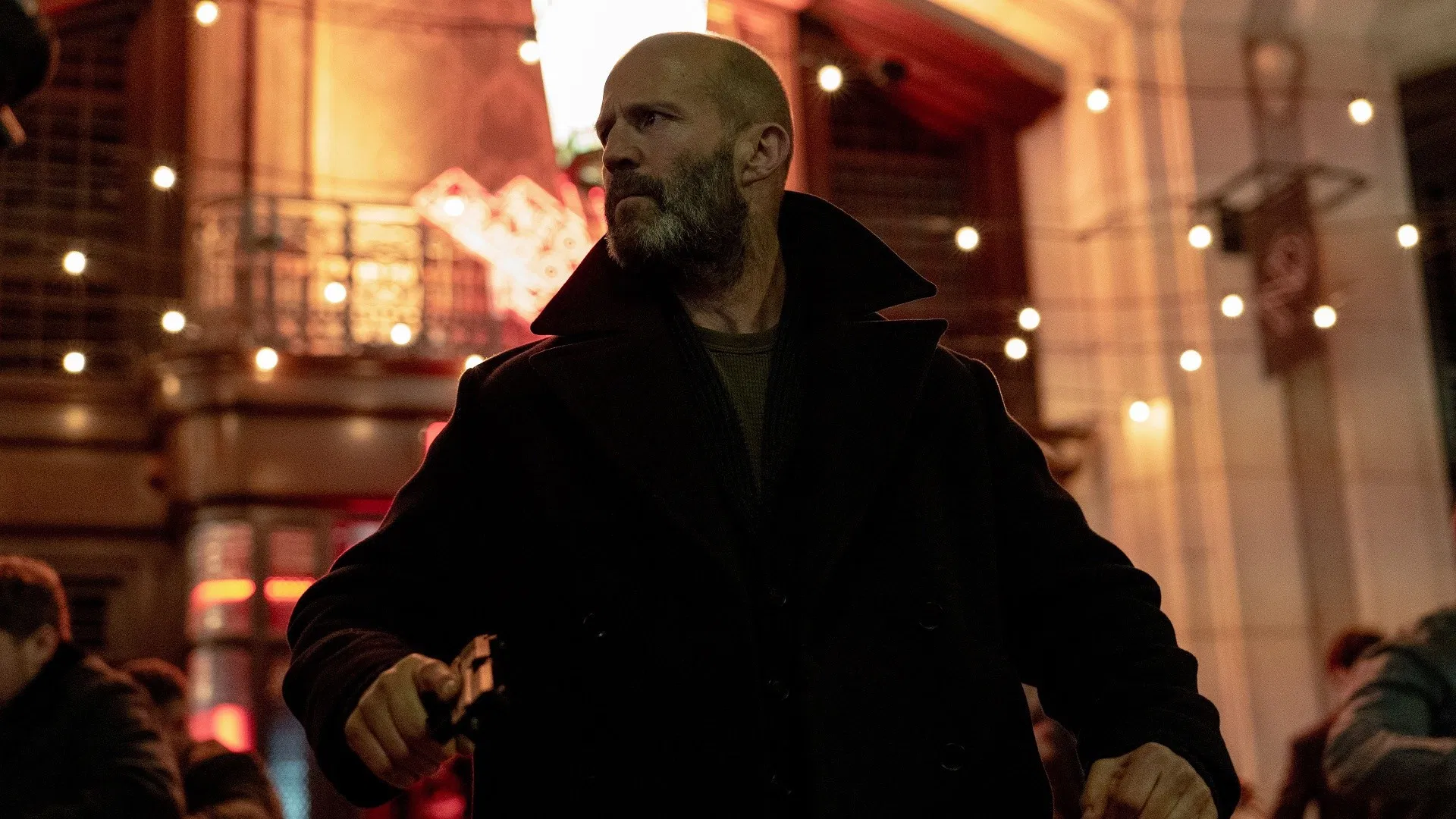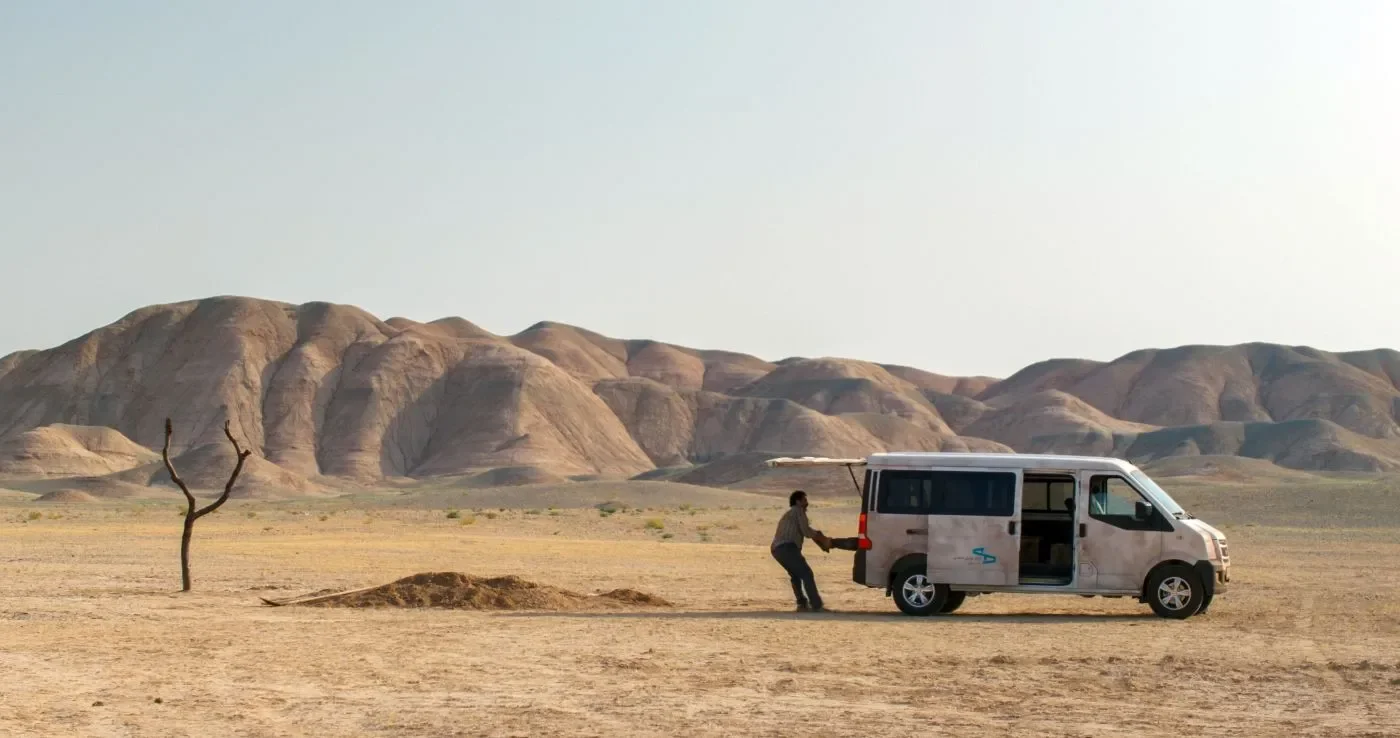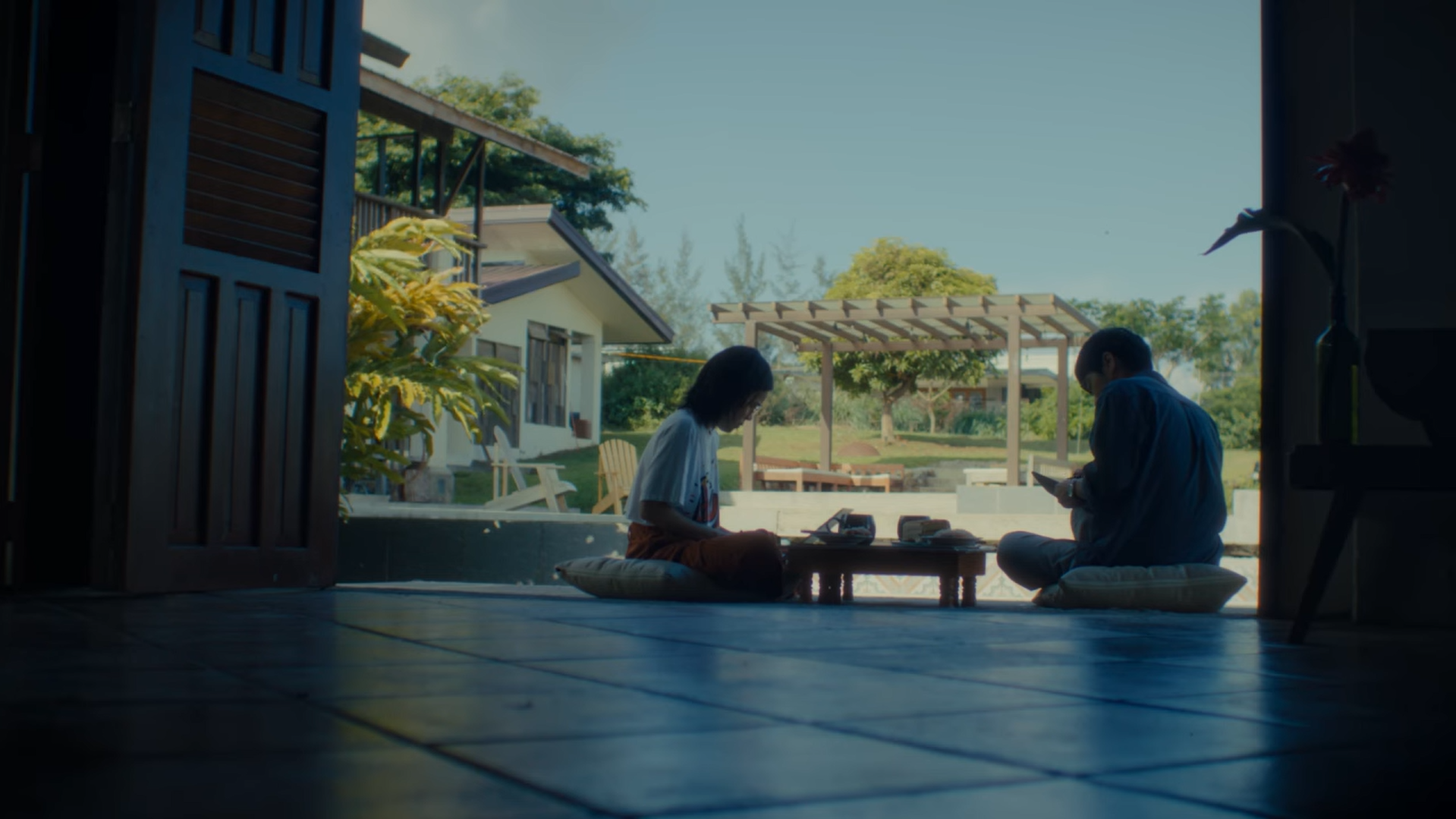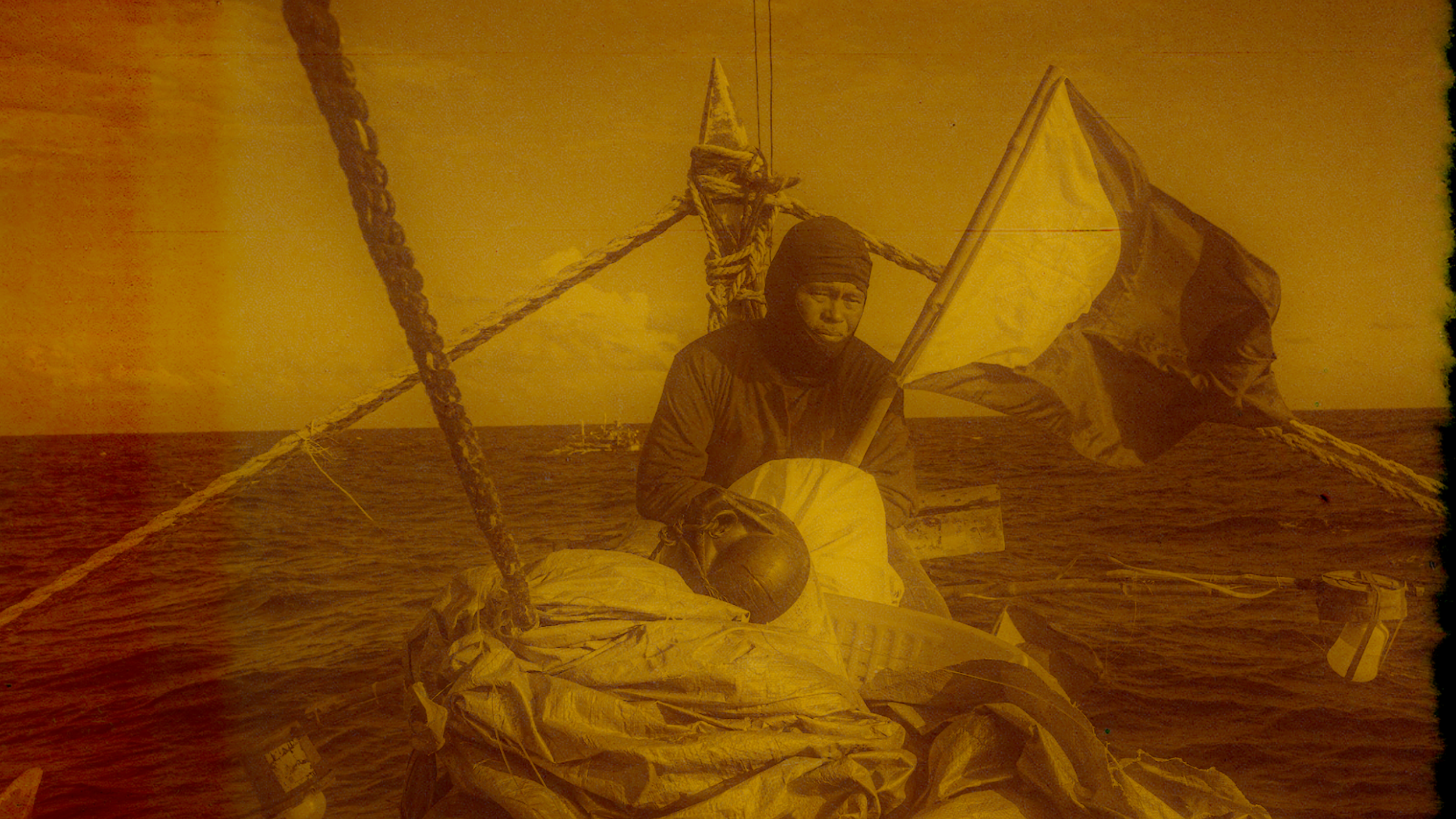‘Andor Season 2’ REVIEW: The Revolution is Televised
‘Andor Season 2’ REVIEW: The Revolution is Televised
Cassian Andor (Diego Luna) in Andor Season 2 || Still courtesy of Disney
“Rebellions are built on hope,” a quote that was first heard from Rogue One, has been the foundational pillar on which Andor stands. Fighting against empires is not just on the physical battlefield, but an ideological one as well. Fascism uses fear to control everyone, freedom is built on passion and love.
However, where Andor truly stands out from other mainstream stories on war, is its fearlessness into showing the murkier and uglier sides to waging revolutions. Tony Gilroy has carved his own mould of the Star Wars franchise; a vision that turns it from a fun, pulpy adventure flick à la Flash Gordon, into a deliberately tense spy thriller akin to the Bourne franchise, or Michael Clayton (both written by Gilroy himself).
But even with more adult themes like genocide, colonialism, and political infighting, hope is an aspect never lost in even the darkest moments of this show. It is an element most underlined by the motif of sacrifice throughout the entire series. And in this second and final season, sacrifice is not only demanded in this show; it is necessary, as well.
Mon Mothma (Genevieve O’Reilly) in Andor Season 2 || Still courtesy of Disney
Similar to the first season, Andor is structured in four “arcs” with each of them spanning across three episodes. Therefore, episodes are better judged as akin to serialized feature-length films to digest weekly. In the case of Season 2, Andor structures the timeline of this arc to take place year-by-year until the events of Rogue One. That kind of structure lends itself a lot of ample time to drip feed the growing pains of starting the Rebel Alliance we know today.
Arc 1’s Chandrila arc is more focused on the infighting and personality clashes within the formation of the Rebel Alliance, alongside the surprising fallout of characters like Bix Caleen and Mon Mothma. One particular scene involving Bix Calleen (Adria Arjona) will shake a lot of fans and even regular viewers expecting even the darkest of Star Wars shows to not go in that territory. Episode 3’s Harvest is a particular highlight here with an ending so devastatingly depressing, I didn't even speak a single word for an hour. Genevieve O’Reilly as Mon Mothma simply delivered all the dimensions of devastation in this story about her own personal life she is willingly throwing away for what's right.
Syril Karn (Kyle Soller) in Andor Season 2 || Still courtesy of Disney
Arcs 2 and 3 (The Ghorman Arc) is an overarching story focusing on one of the most pivotal moments in Star Wars canon history: The Ghorman Massacre. The prior arc focuses more on the espionage-thriller stylings that Tony Gilroy is very intimately in his zone for; the latter arc actually shows the full extent and consequences for the Ghorman genocide.
This vital plotline can be easily looked into so much historical lenses like the French resistance to Nazi occupation, or to current events with the Israeli-led genocide of Palestinians or the rising Trumpian facsism of the United States. In any case, there's something so prescient about a show that was filmed only a year ago, age so disastrously well in our current political landscape.
The episode, “Who Are You?” is easily the biggest highlight of both this season and the entire show as a whole, next to the Narkina 5 arc in Season 1. In this specific episode, we see what the actual Ghorman Massacre is like in the official Star Wars canon, and it’s as cruel yet vital to the eventual downfall of the Galactic Empire. This episode was like a matchstick to the fire of insurgency. Kyle Soller, in particular, shines here as Syril Karn, an OCD-coded man assigned to Ghorman without any knowledge of the Empire’s true intentions. With him so wholly devoted to the principles of law and order, that the same people who espouse it, spit him out all the same.
Kleya (Elizabeth Dulau) in Andor Season 2 || Still courtesy of Disney
The final arc (which I personally dub the Sunrise Arc), ties so seamlessly well into Rogue One, that I personally had a newfound appreciation revisiting that film which I personally did not like the first time around.
There are a lot of incredible scenes in this arc that both tie into the Star Wars saga and give the most satisfying endings to every living character in the show; but I want to highlight the episode “Make It Stop,” with a powerhouse of a breakout performance from Elizabeth Dulau as Kleya. Andor is her first ever acting role, and she already performs like a veteran in the same vein as her contemporaries in Stellan Skarsgård. The way her stoic expressions hide both her hatred of the Empire and the mix of love and resentment for Luthen; it's an understatement to say that Dulau has the brightest future right now in terms of her career.
Bix Caleen (Adria Arjona) in Andor Season 2 || Still courtesy of Disney
I can be the first to personally admit that I don't watch a lot of television series. It's a fault of mine I want to personally remedy slowly. But the one show that truly made me feel alive and locked in for every episode and storyline, has been Andor. A streaming series for a franchise I've long been burned out by, and I was immediately hooked. The reason why is it dared to be a show that explores war beyond the simplistic binaries of good and evil. The show truly helped in fleshing out a movie like Rogue One, recontextualizing Andor’s dubious actions not as nihilistic cruelty, but more so a pragmatic sacrifice necessary for the cause.
Andor could've easily been another piece of IP-fueled, fan service slop, but the show boldly refuses to be that. Instead, it commits itself to having an unambiguously pro-revolution narrative wherein so many morally and ethically questionable actions were made in service to the greater good of radical change.
In the face of the unmasked evil of right-wing fascism, this isn't just simply a good show about sacrificing oneself to rebellion; Andor is a call to action. Stone and Sky.



